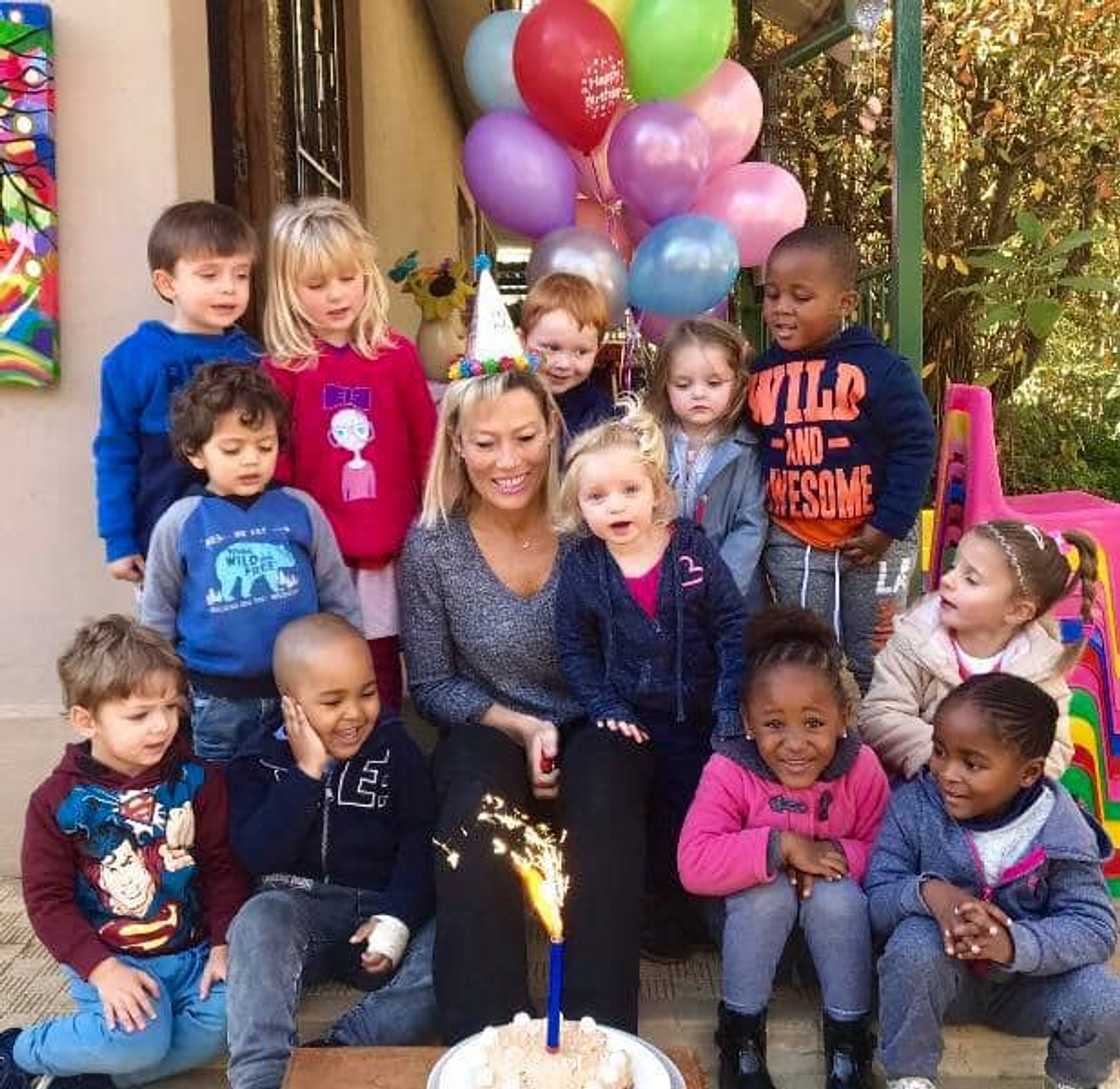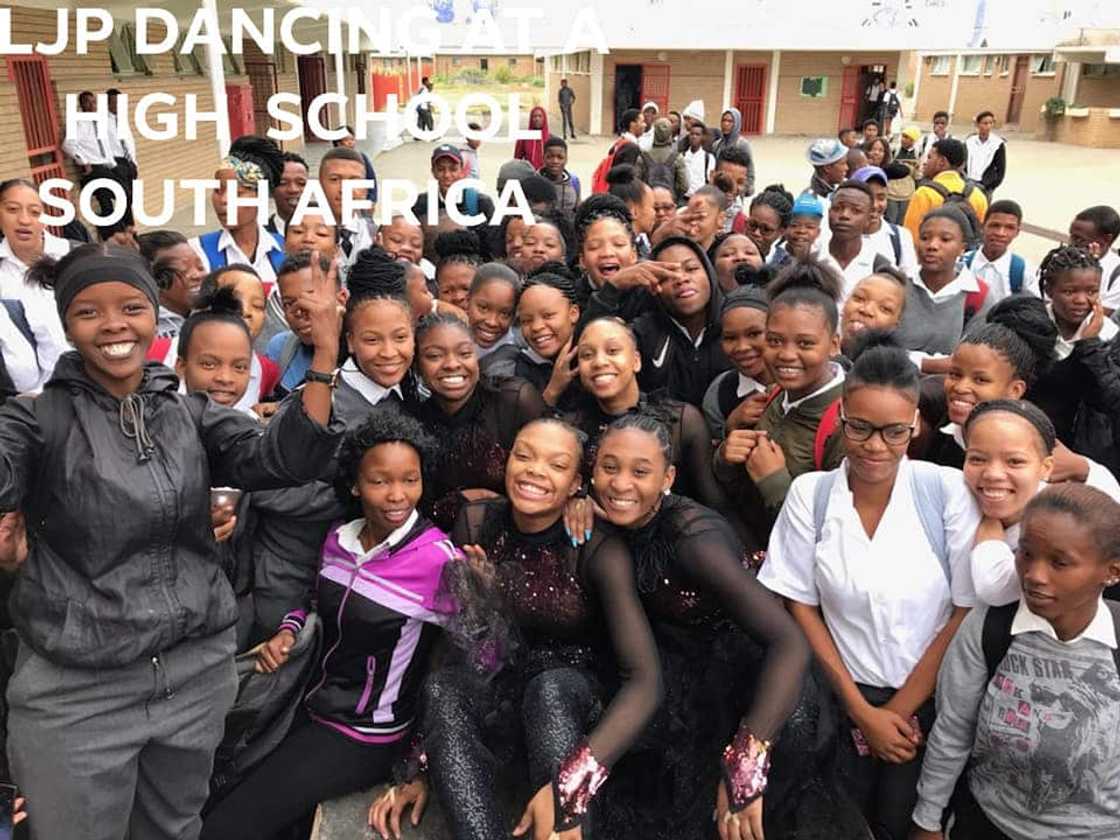Advantages and disadvantages of access to free basic education
With a lot of people advocating for free education for all, it is important to understand the advantages and disadvantages of access to free basic education. All stakeholders should be asking themselves if free education is working for the kids of a nation or if it would be better to have parents pay for it.

Source: UGC
Some of the concerns around this subject involve issues of quality of education and access of the same. The only way to establish the truth about this is to weigh the pros and cons of education. It is only by knowing the advantages and disadvantages of free basic education that any conclusion can be made.
Advantages and disadvantages of free basic education
Like everything else, free education comes with both merits and demerits. While it allows for every child to access basic education regardless of their family's financial situation and ability to afford an education, there are concerns of quality and whether or not the same education deteriorates in value. Consider the following pros and cons of free basic education and make your own judgment.
Pros of free basic education
The idea of having every kid access free basic education is a brilliant one. This is because it has a number of benefits that include:
- It offers guaranteed access to basic level of education. This means that all students in the country can have access to at least the most basic level of education. This way, no one will be illiterate.
- Life security. With education being a key to a better life, when kids are educated even at the most basic level, they increase their chances of fending for themselves and their families in future. These students can join the workforce or even become entrepreneurs upon completion of the basic level education or even join tertiary institutions for further studies. Either way, there will be an improvement in lifestyle which is good for the economy.
- The kids will have a better outlook on life. With education, these kids will be empowered to approach life positively and to be go-getters. With free education, all kids will have the same outlook to life because they got a similar exposure at a younger age. Even if they will be unable to further their studies, the basics are enough to make them mature into forward-thinking individuals.
- It also improves the prospects of employment. With a bot of training, these kids will be in a position where they can seek employment and be absorbed into the market forces.
- It fosters equality in schools. The fact that all children have access to the same quality of education is an advantage to them. It does not matter how wealthy or poor your family is, free education levels the ground for all kids, giving everyone an equal opportunity to excel.
- Promotes fairness. When all kids have a chance to get int a classroom and study, there is a level of fairness that is created. These kids will develop with the spirit of fairness in them and will strive to create it for others. A lot of traits are nurtured at school and the fact that no kid is being left out means everyone benefits in the long run.
- Helps kids concentrate and focus on their studies. As such, the children need not worry about where their fees will come from when everything is catered for. Their worry will thus be on their studies full time which enhances the possibility of them excelling.
- Students are guaranteed loan-free access to education. Sometimes these student loans are a burden that students have to shoulder just to get the basics. Fortunately, with access to free education, no student has to worry about securing a job and paying off a loan. Instead, they will strive hard to excel to better their lives, and not necessarily get out of debt.
- Open up chances for college and university. Most governments offer free basic education up to the time when kids can get to college. Kids that do well can apply for sponsorship and proceed to tertiary level and pursue their careers.
- Allows kids to choose their specific career. When kids are exposed to education, they can pick out areas of interest and decide what they want to become. Unfortunately, without this opportunity, most will settle for what is available as long as it fends for their daily needs. This way, great potential is often locked out.
READ ALSO: Education bursaries- all the bursaries you need to know about in South Africa
Disadvantages of free education in South Africa

Source: UGC
Like with everything else, there is no good without its shortcomings. While free basic education access comes with numerous perks, it is not all rosy and easy. There are a number of challenges that need to be looked into. These include:
- There is the problem of overcrowding in public institutions. The fact that there is no paying to get schooled, a lot of the public institutions offering this education are often flooded as kids rush to get the basics. This may interfere with the optimal delivery of teachers. There needs to be a certain number of students per classroom for the teacher to function best.
- There is the risk of inequality arising. This stems from the fact that a lot of children are brought in from varied social backgrounds. While education has been leveled, the different lifestyles these kids lead at home will still show. Unless the administration is strict, there is a possibility of other kids feeling demoralized or even bullied because of social status and class.
- There is an obvious strain in the limited resources available. When parents do not pay for the education of their kids, the government has to ensure that it overstretches the little available resource to accommodate every student. This can be difficult especially with the rising population. Everything, from physical to human resource will be constrained.
- There is the danger of education being downplayed. The fact that it is available for free may bring out the notion of it being ordinary and normal which is not advisable. Sometimes, people have to incur a cost to appreciate what they are getting.
- Funding the program will definitely lead to increased taxation. Education is not cheap and the government will definitely require enough resources to push through its agenda. As such, the citizens of the country have to bear the brunt of it all by being over-taxed.
- reduced quality. With large numbers and constrained resources, teachers can only do so much. As such, the quality of education will reduce indefinitely.
- Teachers may be unable to attend to each student in a satisfactory manner. There is no time to learn about each student's strengths and weaknesses. This way, only the brightest and quicker learners in class have an advantage.
- there is a chance of unemployment. While the intent is all great, this could work against the system eventually. when a lot of schooled individuals are churned out into the job space, there is an automatic saturation that triggers unemployment.
With the full knowledge of the advantages and disadvantages of access to free basic education, a parent can decide which path they want their kids to take. If you are comfortable with it then, by all means, enroll your kids in public schools. Alternatively, go the extra mile and pay for their education in private schools. In the end, it is a matter of personal preference and what you want for your children.
READ ALSO:
- Daughter celebrates brilliant dad who graduated from university at 62
- Man's outfit at graduation shows sad reality of unemployment in SA
- Lady reveals her sister used her tuition money to pay her lobola
Source: Briefly News




